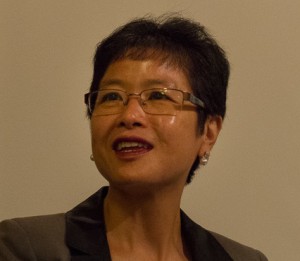China's Belt and Road Proposal
Background: During a visit to Kazakhstan and Indonesia in October 2013, President Xi Jinping proposed two initiatives to promote greater air, land and sea connectivity between China and Europe. His ‘belt and road’ proposal was formalised during a forum for Asia conference on Hainan Island on 28 March 2015. Xi’s sea route would originate on China’s east coast and trace its way through the South China Sea to South Asia and the Middle East to Europe. His several land routes would follow a number of paths from China’s east coast through Central Asia and the Middle East to Europe. A complementary proposal was made in October 2014 by President Jokowi of Indonesia: a ‘global maritime fulcrum’ linking roads and ports along the Indonesia archipelago. Presumably this would link in with and complement Xi’s maritime road. A Silk Road Fund would manage the project with contributions from the Asian Development Bank, Asian Infrastructure Development Bank and other donors.
Hong Kong’s role: At an AIIA meeting at Glover Cottages on Tuesday 3 May, members were treated to a vigorous promotion of Xi’s belt and road proposal by Bonnie Shek, director for Australia and New Zealand in the Hong Kong Trade Development Council. Bonnie recounted how Hong Kong had been returned from the UK to China in 1997 as one country, two systems. The Hong Kong system retained economic independence, the rule of law, a free flow of information and a very low tax regime. It was the largest trader of Chinese currency, logistics and professional trading services.
Bonnie said that Hong Kong was keenly interested in becoming a financial player, a ‘super connector’ engaged in every aspect of Xi’s belts and roads, in policy coordination, infrastructural support, financial integration, trade and investment and cultural exchanges. HSBC estimated the proposal would encompass 60% of the world’s population and 30% of its merchandise trade. Infrastructure costs alone would be a titanic $232 billion. Bonnie challenged Australia to become engaged in the action. We may not be on the Silk Road itself, but the opportunities for Australian business were enormous, particularly in services such as education and communications. Did we want to be a participant or a mere bystander? Hong Kong was only too eager to help.
To help members understand whether and how strongly Australia may become involved in Xi’s proposal we hope to have Australia’s new trade minister Stephen Ciobo address us in the near future. A former Labor minister for trade, Craig Emerson is already scheduled to address us on 14 June.
Report by Richard Broinowski
